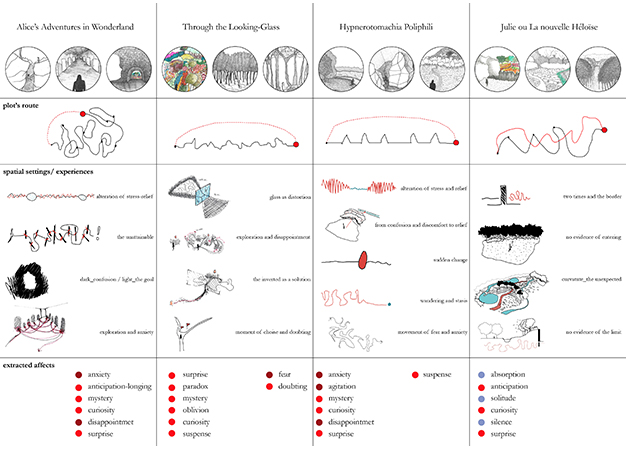inclusive urbanism
Responding to the United Nations’ Sustainable Development Goal No. 11 to ‘make cities and human settlements inclusive, safe, resilient and sustainable’, Inclusive Urbanism reveals a wide variety of approaches to promoting social inclusion. Questions of architecture and urbanism are considered alongside those of landscape design, urban geography and city planning.
generous design
Landscape architectonic compositions that draw on the underlying landscape structure can function as a carrier for changing programmes, cultures, processes, etc. Precisely such an explicitly spatial design is required to foster the inclusive city, one that is not only socially just but also sensitive to the environment while allowing for and evoking diverse social and natural processes. The objective of an ‘inclusive city’ is often related to social issues, which might easily lead to the exclusion of ecological values; the opposite approach may prove equally exclusive. Inclusivity also means creating room for the unexpected. From a design point of view, this requires two underlying attitudes: a willingness to see any design assignment from different perspectives as well as a readiness to create sustainable, flexible and open designs.
These two attitudes are inherent to landscape architecture, which traditionally prioritizes the site over the programme, and—because of the long term, time-based condition of the landscape—is forced to think in open-ended designs. In this paper we discuss a selection of graduation projects of the landscape architecture track at the TU Delft in order to illustrate how inclusivity is inherent to a complete understanding of landscape architecture. Four essential perspectives on analysis and design—perception, palimpsest, process and scale continuum—are discussed in order to reveal their capacity to serve as a basis for designing inclusive urban landscapes.
In Wolfgang Wende & Steffen Nijhuis & Angela Mensing-de Jong & Melanie Humann eds. Inclusive Urbanism Advances in research education and practice Research in Urbanism Series Vol. 6. TU Delft Open 2020. In samenwerking met Inge Bobbink.
